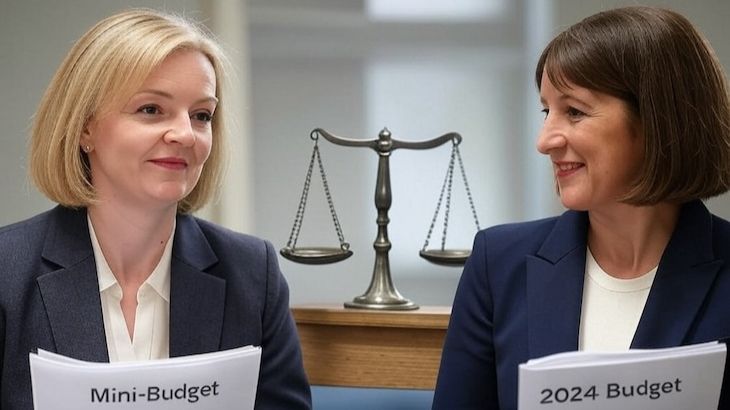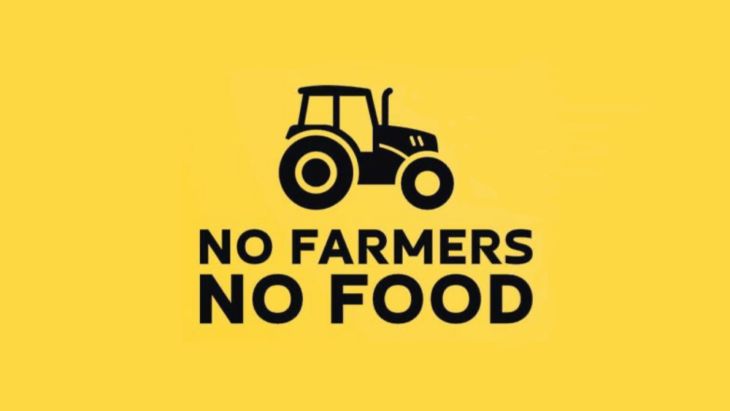
Liberating advertising from the censorship industrial complex.
February 2024 , Lee Taylor
The ‘censorship industrial complex’ is a name coined by Matt Taibbi and Michael Shellenberger - along with others - who first exposed the Twitter Files. The Twitter Files revealed that tech companies often perform censorial ‘content moderation’ in coordination with government agencies, and those government agencies (along with NGOs and nonprofits) engage in a concerted and coordinated effort to suppress speech across the Western world. They do this under the guise of combating ‘misinformation’ and ‘disinformation’, which basically means any information they do not agree with.
Usually this is aimed at alternative media and independent content creators who pose a double-edged threat to the established mainstream. As the mainstream haemorrhage readers to these alternative outlets, they’re acutely aware of the impact on their advertising revenue (advertisers pay ‘per impression’ in the digital world, so less impressions = less advertising revenue), and - more dangerously - the fact that they are losing their controlling grip of the narrative.
With the full support of ‘disinformation experts’ and ‘fact checkers’ the methods of censorship are ever expanding. From visibility filtering, labelling and manipulation of search engine results, to flagging websites as ‘unsafe’ and deplatforming popular content creators, it appears the majority of mainstream media have completely abandoned the journalistic values of debate and intellectual inquiry.
There’s also Media Matters, which monitors media outlets for “conservative misinformation” and then notifies activist journalists so they can take “direct action against offending media institutions”. They sometimes do this in nefarious ways – as seen by the recent Musk lawsuit. More worryingly, Governments across the West are passing legislation. The UK recently introduced the Online Safety Bill which is intended to create the ‘safest place in the World to go online’ (if you think ‘safest’ is code for ‘most heavily regulated’ you wouldn’t be far wrong). In 2022, the E.U passed the Digital Services Act, compelling large online media platforms to remove ‘hate speech’ and ‘disinformation’ from their platforms under threat of fines as large as six per cent of their annual global revenue, and Canadian Bill C-11 has passed in the Senate, which now allows the Government to filter and promote streamed media.
This combination of activism and government interference makes it near impossible for alternative media sites and independent content creators to monetise their platforms. The large centralised ad network providers starve these groups of revenue opportunities by blocking them from the networks and brandishing them with a ‘disinformation’ flag. Without access to advertisers and with the sword of Damocles hanging over them, independent content creators are forced to rely on donations from supporters and fans or premium subscription models.
Independent media are what they say - independent - so attempting to secure advertising space and collate the performance statistics for your business would be akin to herding cats. However, there is now a way to seamlessly deploy a multi-platform campaign with analytics assistance.
Introducing Uncommon Ad Space; a brand new advertising network connecting businesses with independent content creators and alternative media outlets to reach a vast untapped, free-thinking and loyal audience who aren’t watching the mainstream media.
Borne from frustration with the increasing loss of integrity in the advertising industry thanks to an ever expanding woke agenda, it’s clear that common sense has been abandoned and customers and businesses are suffering as a result. Uncommon Ad Space is the latest chapter in an attempt to restore sanity.





